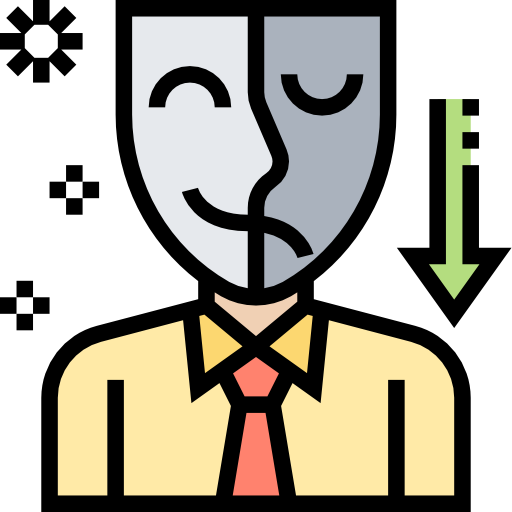Development, upbringing and socialization of personality
Abstract
In order for a person to become an individual as a social being, the conditions and upbringing of the social environment are necessary. As a result of this, a person develops as a person and becomes an individual. The development of a child's personality is based on the philosophical teaching that man is a social being. At the same time, man is a living, biological being. Consequently, the laws of nature development are also important in its development. Also, when a person is assessed as a whole, his or her development is influenced by biological and social laws that cannot be separated from each other.
References
Karimov I.A. There is no future without historical memory. Tashkent: Uzbekistan, 1998.
Karimov I.A. Uzbekistan: National Independence, Economy, Politics, Ideology Volume 1 Tashkent: Uzbekistan, 1996.
Constitution of the Republic of Uzbekistan Tashkent, 1992.
The Idea of National Independence: Basic Concepts and Principles Tashkent: Uzbekistan, 2000.
Azizkhodjaeva N.N. Pedagogical skills and pedagogical technology. Tashkent 2008.
Abdulla Avloni. Turkish Gulistan or Ethics. Tashkent, 1996.
Abu Rayhon Beruni. Proverbs. Tashkent: The Young Guard, 1973.
Boboev H, Gafurov Z, Islamov Z. National Idea of Independence and Progress. Tashkent: The New Generation, 2001.
Baratov N, Alikulov H. Central Asian thinkers are about ethics. Tashkent: Uzbekistan, 1974.
Bozorov O, Shodiev D. Central Asian mysticism and moral values. Samarkand: Zarafshan, 1992.
Beruni. About Spirituality and Education. Tashkent, 1992.
Munavvarov A.K. Pedagogy. Tashkent, 1996.
Nishonalieva U. Tursunov I. Course of Pedagogy. Tashkent, 1996.

In submitting the manuscript to the International Journal on Integrated Education (IJIE), the authors certify that:
- They are authorized by their co-authors to enter into these arrangements.
- The work described has not been formally published before, except in the form of an abstract or as part of a published lecture, review, thesis, or overlay journal.
- That it is not under consideration for publication elsewhere,
- The publication has been approved by the author(s) and by responsible authorities – tacitly or explicitly – of the institutes where the work has been carried out.
- They secure the right to reproduce any material that has already been published or copyrighted elsewhere.
- They agree to the following license and copyright agreement.
License and Copyright Agreement
Authors who publish with International Journal on Integrated Education (IJIE) agree to the following terms:
Authors retain copyright and grant the International Journal on Integrated Education (IJIE) right of first publication with the work simultaneously licensed under Creative Commons Attribution License (CC BY 4.0) that allows others to share the work with an acknowledgment of the work's authorship and initial publication in this journal.





1.png)
